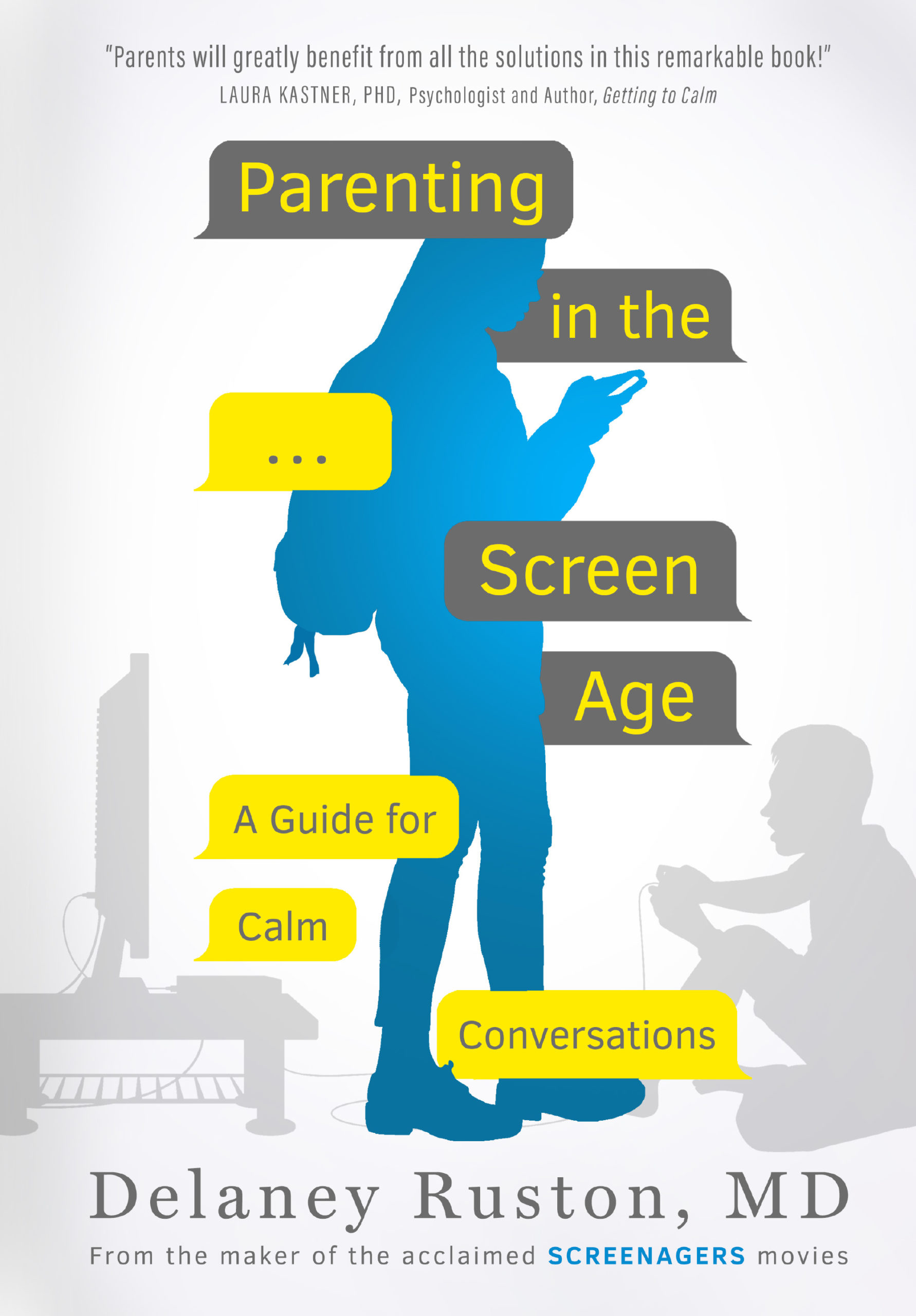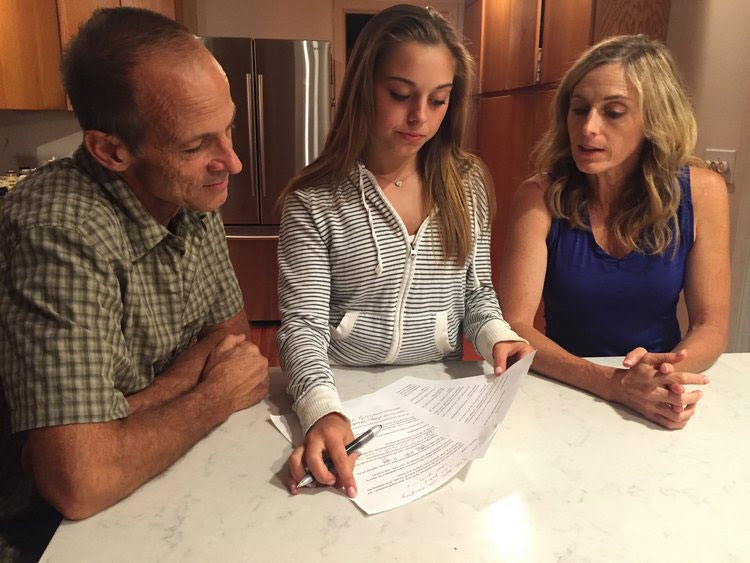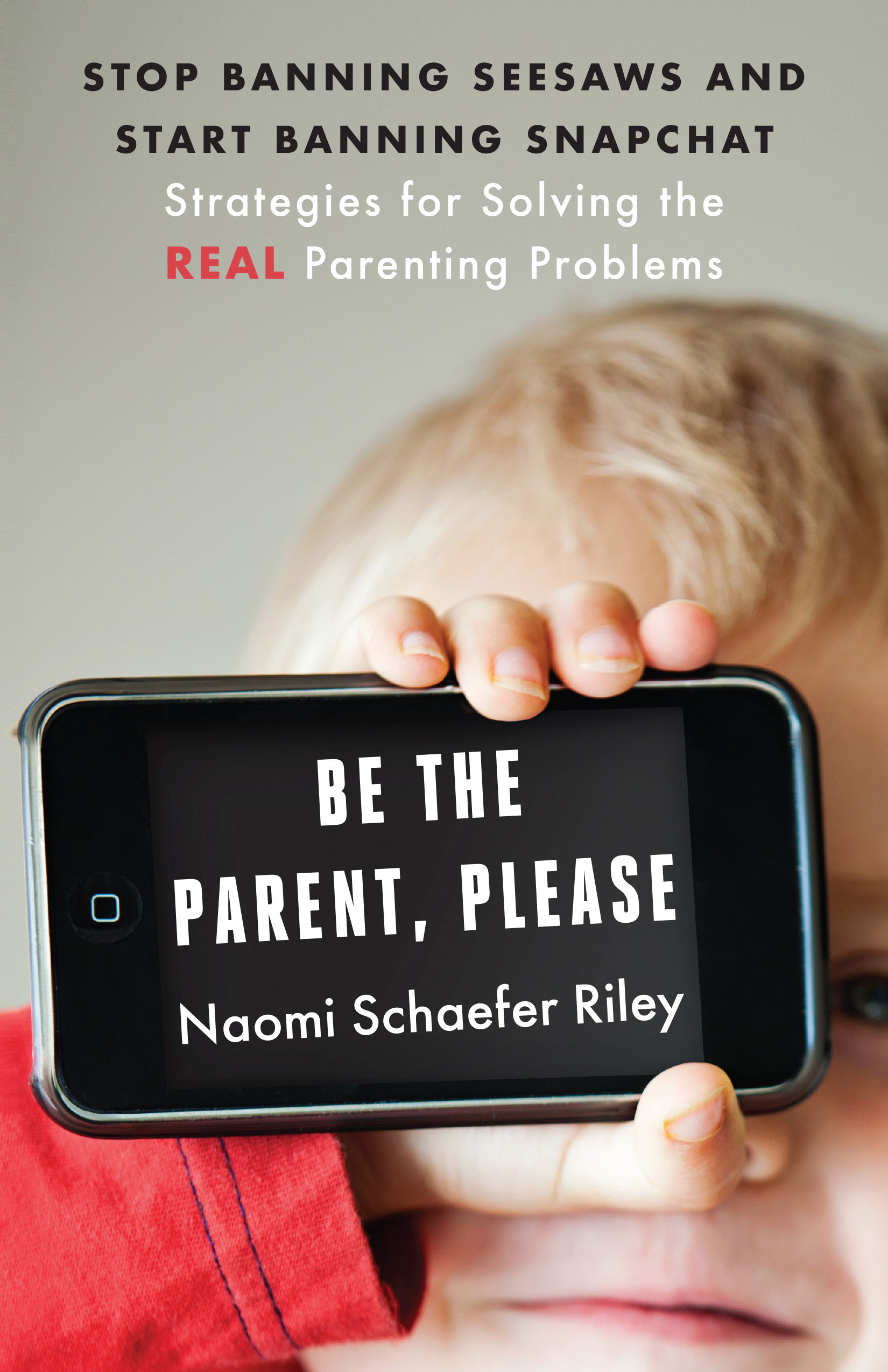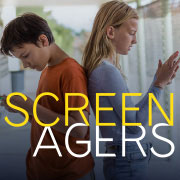Screenagers, a recently released documentary, is sharing its voice about teens and tech on, ironically, screens nationwide. This is such an important discussion for both parents and teens/tweens, and for any parents who don’t struggle with limit-setting and the effect of tech on family life, consider yourself lucky. I consider this topic so important, both personally, and journalistically, that I’m covering the story in 2 parts. This reminded me of Race to Nowhere, a documentary on the extreme pressure our kids face in schools, in terms of style/approach on a current topic of relevance to tweens/teens.
First, here’s a short trailer on Screenagers:
Here were some of my takeaways from reviewing the film…
The film tells us that kids spend an average of 6.5 hours a day on screens, not including schoolwork. Boys, on average, spend 11.3 hours on video games EACH WEEK. The violent/military style games, the film notes, are designed to desensitize the user. Prosocial games, on the other hand, involve helping others, saving cities. Overstimulation from playing any games tires the brain. The average age that kids are getting a smartphone is now 10 years, 3 months….
The filmmaker, Dr. Delaney Ruston, was motivated to develop this film as a vehicle for social change after realizing how big the decision was to buy her own daughter a Smartphone. She feels strongly about balance in our tech-obsessed world, and she hopes the film will be a catalyst for conversation in schools (digital citizenship education) and in homes (Tech Talk Tuesdays, setting aside time to talk about technology as a family).
I was so intrigued by this film and its mission, that I had to speak with Delaney and learn more…Here are some highlights of our conversation.
What surprised you about reactions to the film?
Kids come to the screenings on the defensive, but leave saying “wow, that spoke to me too.” It gives them insights into how important the discussions are. Parents feel empowered after seeing the film. Delaney also shared with me that developing self-control is not an innate skill, but that we can teach and model self-control techniques, especially as they relate to technology use.
What concerns do you have about the impact of the film?
As a physician who understands long-term change, we’ve got to really stick with something. It takes 6 weeks to 2 months before a new behavior forms. I worry people will feel inundated and lose the enthusiasm and go back to being overwhelmed by the technology.
What are the most important take-aways for parents to have a healthy relationship with kids and electronics?
Make a pledge to have a conversation with your family on a weekly basis about technology that isn’t emotion driven but is curiosity driven. We don’t want anyone on screens during all waking hours, so defining times to NOT be on devices is not only reasonable, but what we need to do. Continually readdress and change guidelines as your child grows up in response to their input.
Delaney shares that teens have a lot to say about technology, and that their input can engage important discussions in our families.
The Screenagers website is awesome – here are some links you may enjoy:
- Find a screening near you
- Examples of contracts to use with teens regarding tech use
- Top apps for parents to try to put limits around technology
I wanted to give a shout-out to my friends at PEP, the Parent Encouragement Program, who offer some great courses in the DC/MD/VA area around this topic as well, including…
Tackling Technology with Your 5 to 12 Year Old
Tackling Technology with Teens & Tweens
Setting Limits To Promote Cooperation (could relate to screens or general topics)
Click here to see more about PEP’s course offerings locally.







[…] a follow-up to my recent post about the new Screenagers documentary, I asked the film team to share some top tech tips with our readers. These are so […]